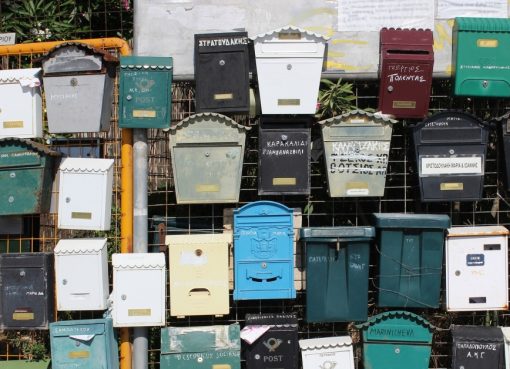Last month, a team of South Korean scientists claimed they engineered a superconducting material, dubbed LK-99, that works under ambient temperature and pressure. In layman’s terms, the team allegedly created a material allowing electrical currents to flow without resistance or energy loss. Previously, such types of materials were only thought to have functioned at absolute zero temperatures.
First claimed successful replication of LK-99
Accomplished by a team at the Huazhong University of Science and Technology and posted 30 minutes ago.
Why this is evidence:
The LK-99 flake slightly levitates for both orientations of the magnetic field, meaning it is not simply a… pic.twitter.com/bh0x9oqaz2— Andrew Cote (@Andercot) August 1, 2023
But the new supposed breakthrough, which has since been replicated (synthesis-only) by at least one other research team, is already causing a stir among the scientific and perhaps crypto community. Within days of its publication, several LK99 memecoins have already been listed on decentralized exchange Uniswap (UNI). One such coin, the ERC-20 LK99 token, was listed less than 24 hours ago and has already surpassed $3 million in total trading volume, at the time of publication.
Memecoins have been wildly popular among crypto enthusiasts for much of this year, with tokens being created based on concepts of Pepe the Frog, Milady’s nonfungible tokens collection, and even ERC-20’s Bitcoin “competitor” BRC-20. Despite their often meteoric rise and falls in price, many of the tokens’ developers have warned that the meme tokens they created have “no intrinsic value.”
However, there’s now a consensus among the scientific community that superconductor technology has immense value. For starters, superconductors are necessary for the construction of large-scale quantum computers. Before the yet-unverified invention, it was thought that such devices could only operate under absolute zero conditions for superconductivity.
Thus, room-temperature superconductivity would greatly help scale or accelerate the development of quantum computing. Previously, blockchain experts, such as QAN Platform CTO Johann Polecsak, stated that quantum computers would eventually be able to inverse the encryption method of current cryptocurrencies in the coming decades — assuming no technological upgrades are made to such a blockchain.
Magazine: Justin Sun’s SUI-farming sins, PEPE’s wild run, 3AC’s oyster philosophy




